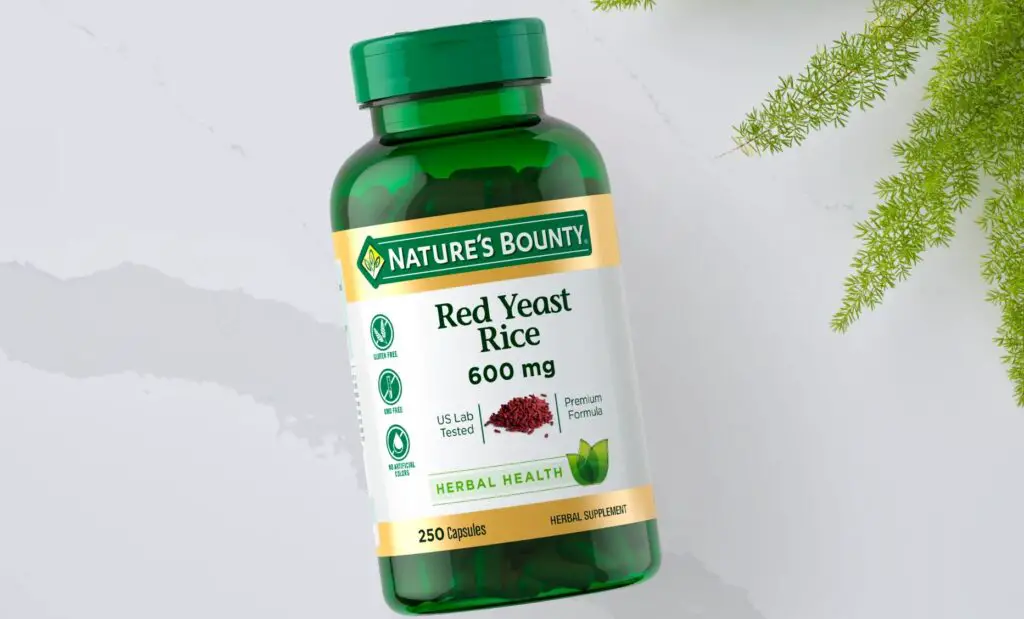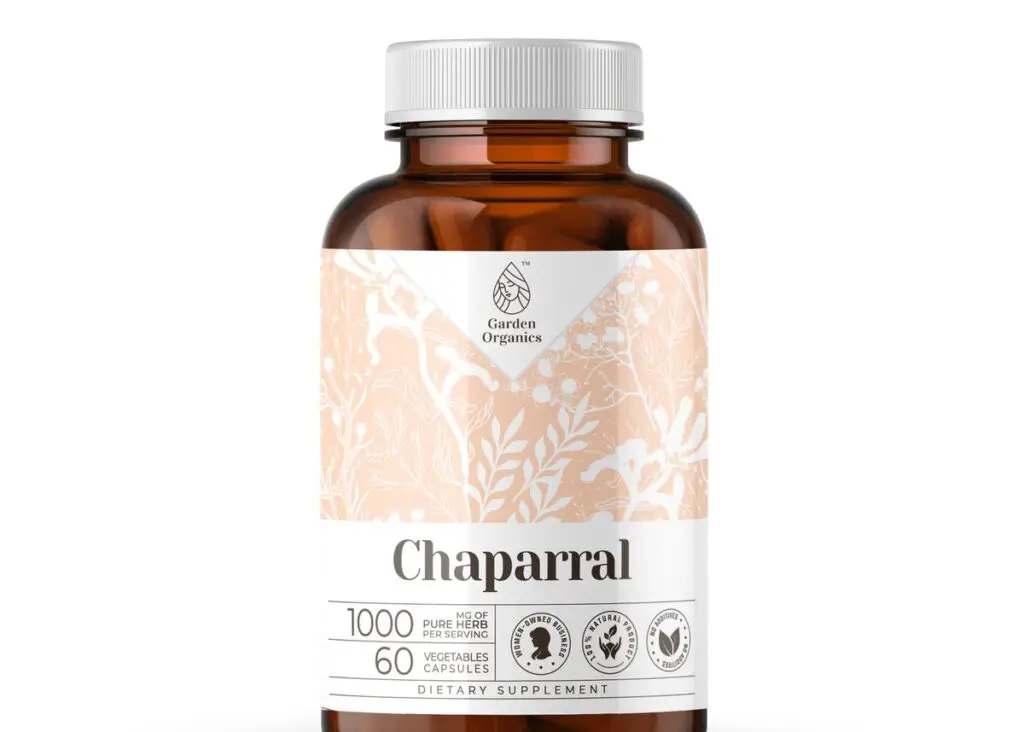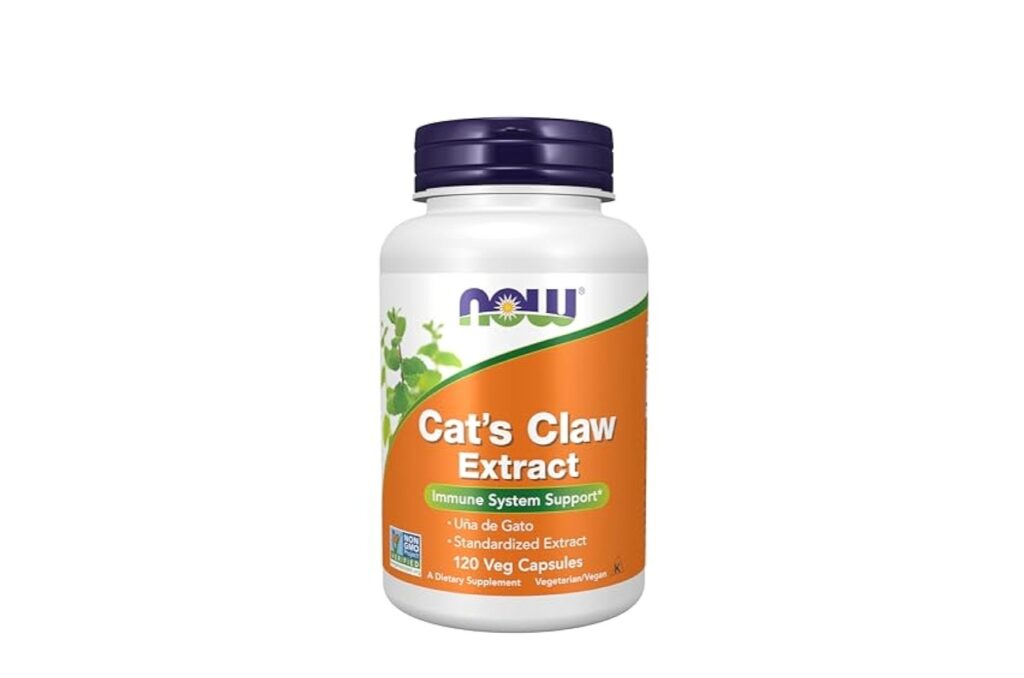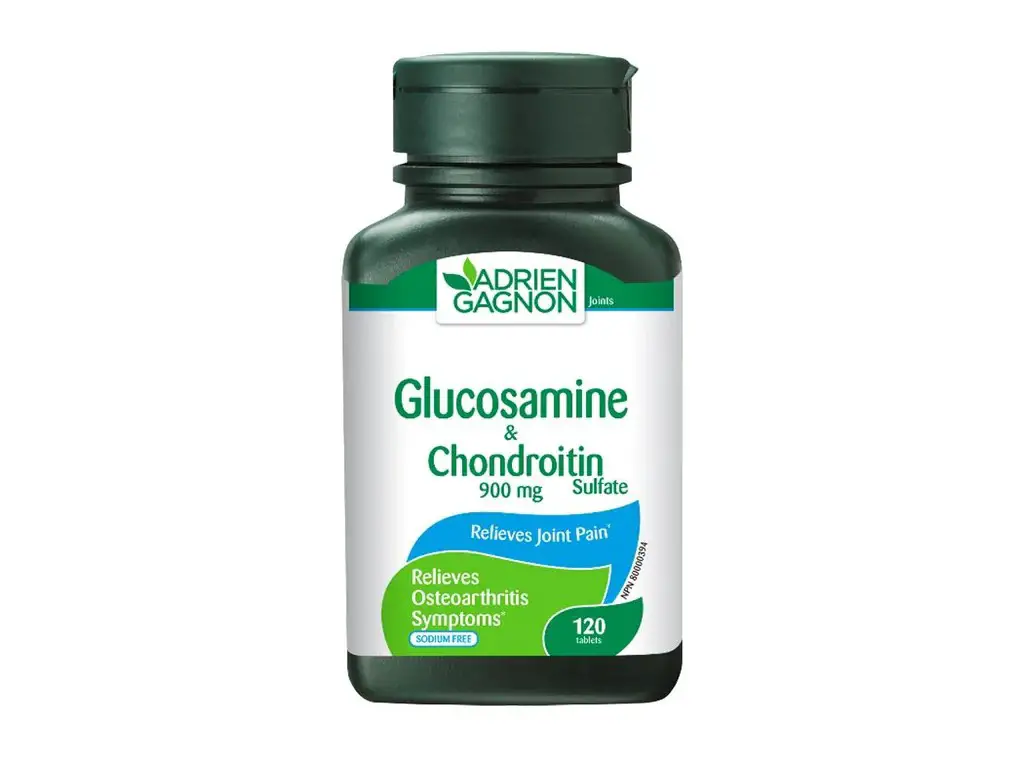Avoid These 5 Supplements If You Have Arthritis, Experts Warn

Living with arthritis can be tough. The pain, stiffness, and swelling in your joints can make daily tasks feel like a challenge. In the search for relief, many people turn to supplements, hoping for a natural way to ease their symptoms. But did you know that some supplements could actually make your arthritis worse? That is right—certain popular supplements may do more harm than good. Experts warn that if you have arthritis, you should steer clear of these five supplements.
1. Red Yeast Rice – Can Worsen Joint Pain

Red yeast rice is a natural remedy often used to lower cholesterol, but if you have arthritis, it is best to avoid it. This supplement contains monacolin K, which acts similarly to statin drugs. Statins are known for their potential side effects, including muscle and joint pain—exactly what you do not need if you are already struggling with arthritis. Additionally, red yeast rice can stress your liver, especially if you are taking other medications. Instead of risking increased joint pain and liver issues, talk to your doctor about safer ways to manage cholesterol.
2. Chaparral – A Risky Herbal Remedy

Chaparral is an herb that has been traditionally used for its supposed anti-inflammatory properties, but experts strongly advise against it. Why? Because chaparral has been linked to serious liver damage. Some people believe that it can help with arthritis pain, but there is no solid scientific evidence to support this. On top of that, the risks far outweigh any potential benefits. Liver toxicity is no joke, and the last thing you want is to develop another serious health issue while trying to relieve joint pain. If you are looking for natural anti-inflammatories, turmeric and ginger are much safer options.
3. Arnica – Dangerous When Taken Orally

Arnica is a plant known for its anti-inflammatory and pain-relieving properties. Many people use it as a topical treatment for bruises, sprains, and sore muscles. While applying arnica gel or cream to your skin is generally safe, taking it as an oral supplement is a completely different story. When swallowed, arnica can cause dizziness, nausea, and even heart problems in severe cases. It can be toxic and potentially deadly when ingested in high amounts. If you want to try arnica, stick to topical products and always follow the recommended guidelines. Better yet, talk to your doctor before using it at all.
4. Cat’s Claw – A Supplement with Too Many Risks

Cat’s claw is an herbal supplement often promoted for its immune-boosting and anti-inflammatory effects. While it may sound promising for arthritis, the evidence supporting its effectiveness is weak. Worse, cat’s claw can cause unpleasant side effects like dizziness, low blood pressure, and nausea. It may also interfere with certain medications, such as blood thinners and drugs for high blood pressure. If you have arthritis, the last thing you need is a supplement that could make you feel worse or interact with your prescribed treatments. Instead, focus on well-researched options like omega-3 fatty acids, which have been shown to reduce inflammation safely.
5. Glucosamine and Chondroitin – Not as Helpful as You Think

Glucosamine and chondroitin are some of the most popular supplements for joint health, but experts say they are not as effective as people believe. Many arthritis sufferers take them hoping to rebuild cartilage and reduce pain, but research shows mixed results. Some studies suggest a slight benefit, while others show no improvement at all. On top of that, glucosamine can interfere with blood sugar levels, which is especially concerning for people with diabetes. Chondroitin, on the other hand, may worsen asthma and increase the risk of bleeding if you are on blood thinners. Given the uncertainty around their effectiveness and the potential risks, it might be better to invest in proven treatments like physical therapy, regular exercise, and a balanced diet.
Final Thoughts

Not all supplements are safe or effective for arthritis. While some can offer relief, others can make your symptoms worse or create new health problems. Before adding any supplement to your routine, always do your research and consult with your doctor. There are plenty of safer and more effective ways to manage arthritis, including anti-inflammatory foods, gentle exercise, and doctor-recommended medications. Your health is too important to gamble on unproven or risky supplements. Stay informed, make smart choices, and take control of your arthritis management the right way.
Leave a Reply